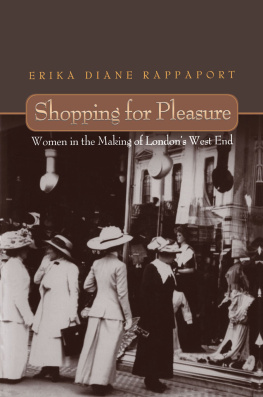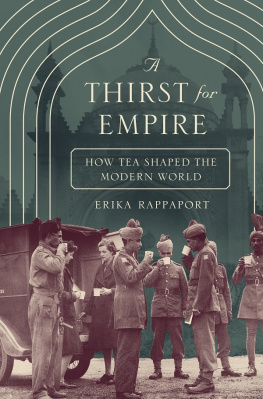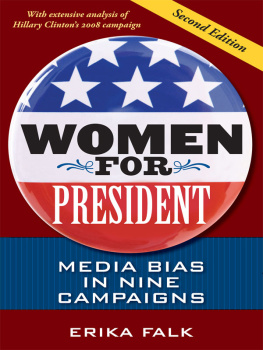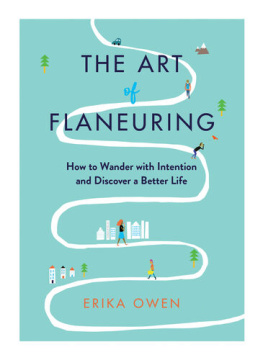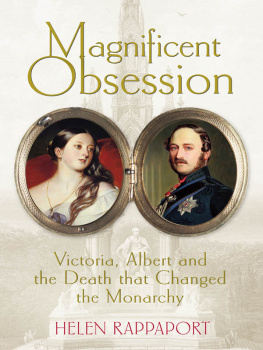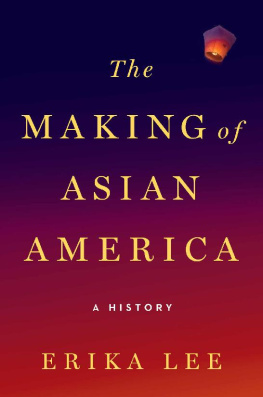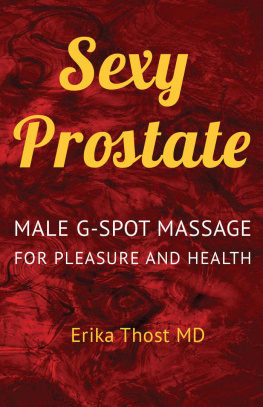Copyright 2000 by Princeton University Press
Published by Princeton University Press, 41 William Street, Princeton, New Jersey 08540
In the United Kingdom: Princeton University Press,
3 Market Place, Woodstock, Oxfordshire 0X20 1SY
All Rights Reserved
Third printing, and first paperback printing, 2001
Paperback ISBN 0-691-04476-7
The Library of Congress has cataloged the cloth edition of this book as follows
Rappaport, Erika Diane, 1963-
Shopping for pleasure : women in the making of Londons West End /
Erika Diane Rappaport.
p. cm.
Includes bibliographical references and index.
ISBN 0-691-04477-5 (cloth : alk. paper)
1. Consumer behaviorEnglandLondonSex differencesHistory.
2. Consumption (Economics)EnglandLondonSex differencesHistory.
3. Women consumersEnglandLondonHistory.
4. Department storesEnglandLondonHistory.
5. West End (London, England)Economic conditions. I. Title.
HF5415.33.E542L667 2000
658.8'342dc21 99-28152
www.pup.princeton.edu
eISBN: 978-1-400-84353-4
R0
ACKNOWLEDGMENTS
THE INTELLECTUAL GUIDANCE and friendship of many individuals at several institutions have made the research and writing of this book a true pleasure. This project began as a doctoral dissertation at Rutgers University and in part is a product of its uniquely stimulating scholarly community. My greatest debt is to my adviser, John Gillis. John read, commented on, and discussed several drafts with tremendous care and enthusiasm. His advice and friendship at every stage have been absolutely invaluable. Victoria de Grazia initially provoked my interest in the history of consumer culture. Her extensive knowledge, incisive criticism, and personal warmth during the past decade have strengthened the arguments in both the dissertation and the book. I am also indebted to Bonnie Smith and Cora Kaplan for their reflections on the structure of the thesis. Special thanks must be given to Judy Walkowitz for her guidance during my first years at Rutgers and for introducing me to the pleasures of studying Victorian London. Her scholarship and teaching inspired me to write a dissertation on gender and urban history and pursue a career as a feminist historian. Long after we both left Rutgers, Judy graciously read and criticized parts of the revised manuscript. While at Rutgers, I had the opportunity to take courses from the late E. P. Thompson and from Leonore Davidoff. I hope my work reflects in small part their compassion for their historical subjects and their commitment to social history.
The womens history program at Rutgers provided an intellectually challenging and yet supportive environment. First and foremost, I would like to thank Mau-reen McCarthy and Tori Smith. Their friendship has sustained me from my very first day at Rutgers. Tori shared her own work on gender, representation, and Victorian culture and painstakingly read the dissertation and a final draft of this manuscript. Thanks also to Polly Beals, Joe Broderick, Joy Dixon, Sharla Fett, Gretchen Galbraith, Beth Rose, Scott Sandage, Pamela Walker, and Susan Whit-ney. I am tremendously grateful for their reflections on the thesis and for the pleasure of their company.
This project could not have been written without the financial support and inspiration I received while a student fellow at the Rutgers Center for Historical Analysis. Victoria de Grazia skillfully brought together an exceptionally strong and interdisciplinary group of scholars committed to studying consumer culture. While I greatly appreciate the help from everyone who listened to, read, and commented upon my work, I would especially like to thank Rachel Bowlby, Tim-othy Burke, Belinda Davis, Ellen Furlough, Ellen Garvey Gruber, Jennifer Jones, David Kuchta, and Kathy Peiss. Each offered detailed criticisms, but also shared his or her own ideas about the ways in which the concept of consumer culture has and has not illuminated key historical questions.
My colleagues at Florida International University were very helpful during the time I was in Miami. I owe particular thanks to Daniel Cohen, Mitchell Hart, Alison Isenberg, Joel Hoffmann, John Stuart, Mark Szuchman, and Victor Uribe for carefully reading and discussing sections of my manuscript. Alison and Mitch were especially careful readers whose comments helped me place my study of Victorian London into a broader context. My new colleagues at the University of California at Santa Barbara also deserve my gratitude for bringing me to such a beautiful and peaceful place to finish a book. They gave me the time and resources that I needed to complete this project.
Over the years, I have also been privileged to receive suggestions and comments from Peter Bailey, Leo Charney, Margot Finn, Susan Kingsley Kent, Deborah Epstein Nord, Maura OConnor, Ellen Ross, Vanessa Schwartz, and Angela Woollacott. Two scholars deserve special mention for their guidance and friendship during the past several years. Lisa Tiersten tirelessly read every chapter of the manuscript and pushed me to think about the specificity of English consumer culture and urban development. Lisas research on gender and urban consumer culture in late-nineteenth-century France also helped me to consider the role of politics in shaping consumer society. Geoffrey Crossicks vast knowledge of the history of retailing, the lower-middle classes, and Victorian London made his criticisms and interest in my work indispensable.
Several archivists and librarians lent me their time and assistance. Individuals at the British Library, the Guildhall Library, Westminster City Archives, the Fawcett Library, Glasgow University Business Records Center, Harrods Department Store, Rutgers University, and the New York Public Library were especially helpful. Fred Redding was very accommodating, giving me free reign in Self-ridges archive and offering me dozens of cups of tea. The Interlibrary Loan departments at Florida International University and the University of California at Santa Barbara have retrieved hundreds of books and articles for me. This proj-ect received financial assistance from the Council for European Studies, Rutgers University Graduate School and Department of History, Florida International University, and the University of California at Santa Barbara.
Lastly, this book could not have been written without the enthusiasm and love of my family, especially my husband, Jordan Witt. Jordan showed unbounded patience and humor as we discussed every facet of this manuscript. His compan-ionship in the United States and in England, editorial help and creative suggestions, friendship and love have made my work and my life a true pleasure.
A portion of appeared as A New Era of Shopping: The Promotion of Womens Pleasure in Londons West End, 1909-1914, in Cinema and the Invention of Modern Life., ed. by Leo Charney and Vanessa R. Schwartz (Berkeley: University of California Press, 1995).
Santa Barbara, California
July 1998
Shopping for Pleasure


